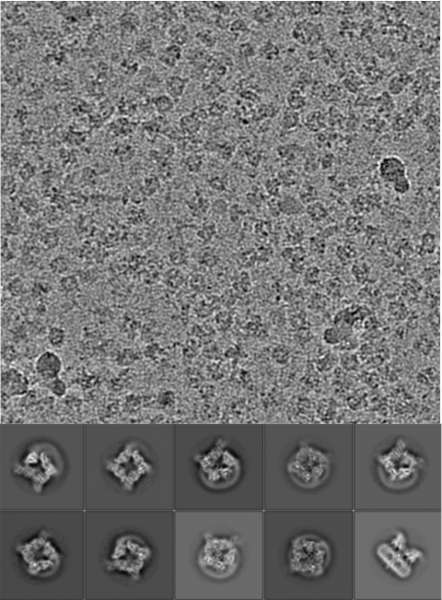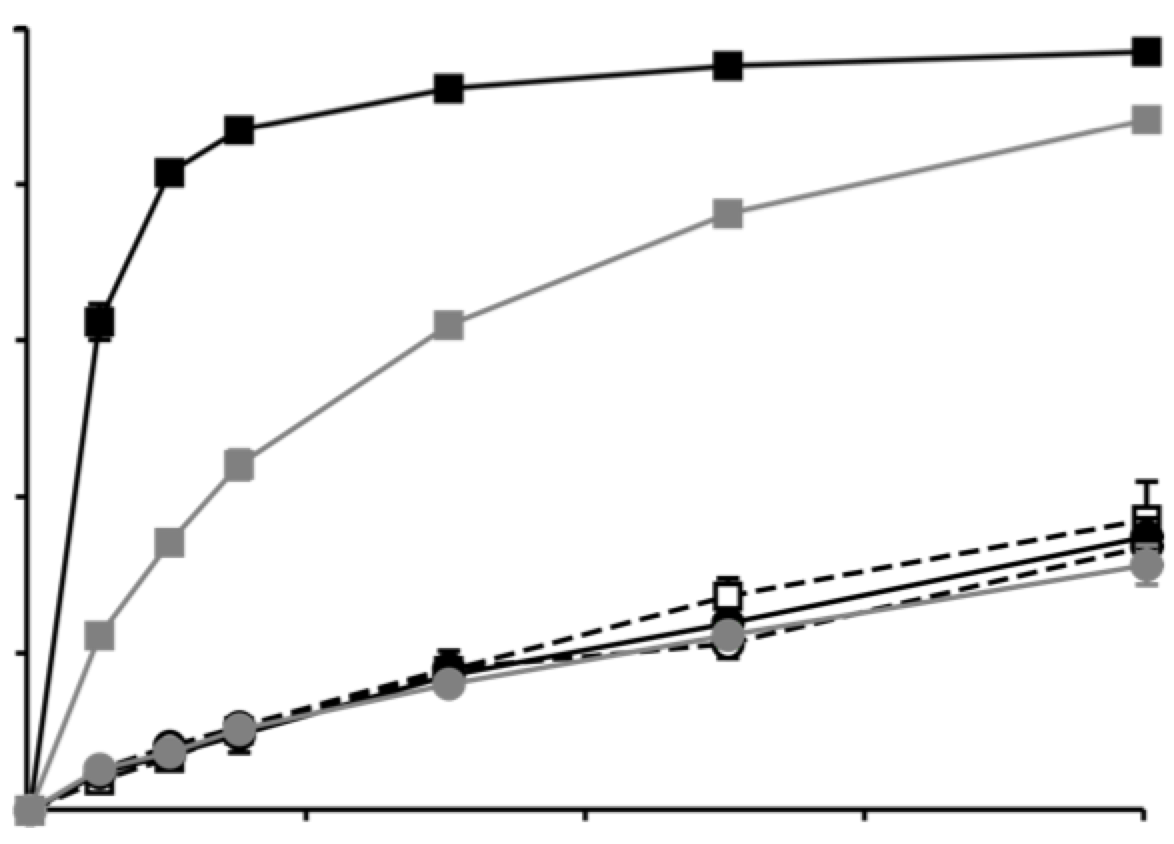Molecular Mechanisms of Membrane Transport
Selective transport of ions, drugs and folded proteins across cell membranes, mediated by membrane transport proteins, is a fundamental biological process. Our laboratory is interested in understanding molecular mechanisms of membrane transport proteins such as ion channels and transporters that play essential roles in physiology and disease. How do ion channels and transporters recognize their specific substrate ions? How do channels open and close their ion conduction pores in response to environmental cues and cellular stimuli such as chemicals, temperature, membrane voltage and mechanical force? To answer these fundamental questions, we use multidisciplinary approaches, including electrophysiology, biochemical and biophysical assays, and structural techniques including X-ray crystallography and cryo-electron microscopy. Dysfunction of these membrane proteins leads to a wide range of diseases, such as asthma, hypertension, cancer, heart failure, diabetes and chronic pain. Our long-term goal is to advance our understanding of structure and function of these essential membrane proteins at the atomic level and establish new foundations for rational therapies. The laboratory is in the Department of Cell Biology & Physiology and is a member of the Center for the Investigation of Membrane Excitability Diseases (CIMED).




